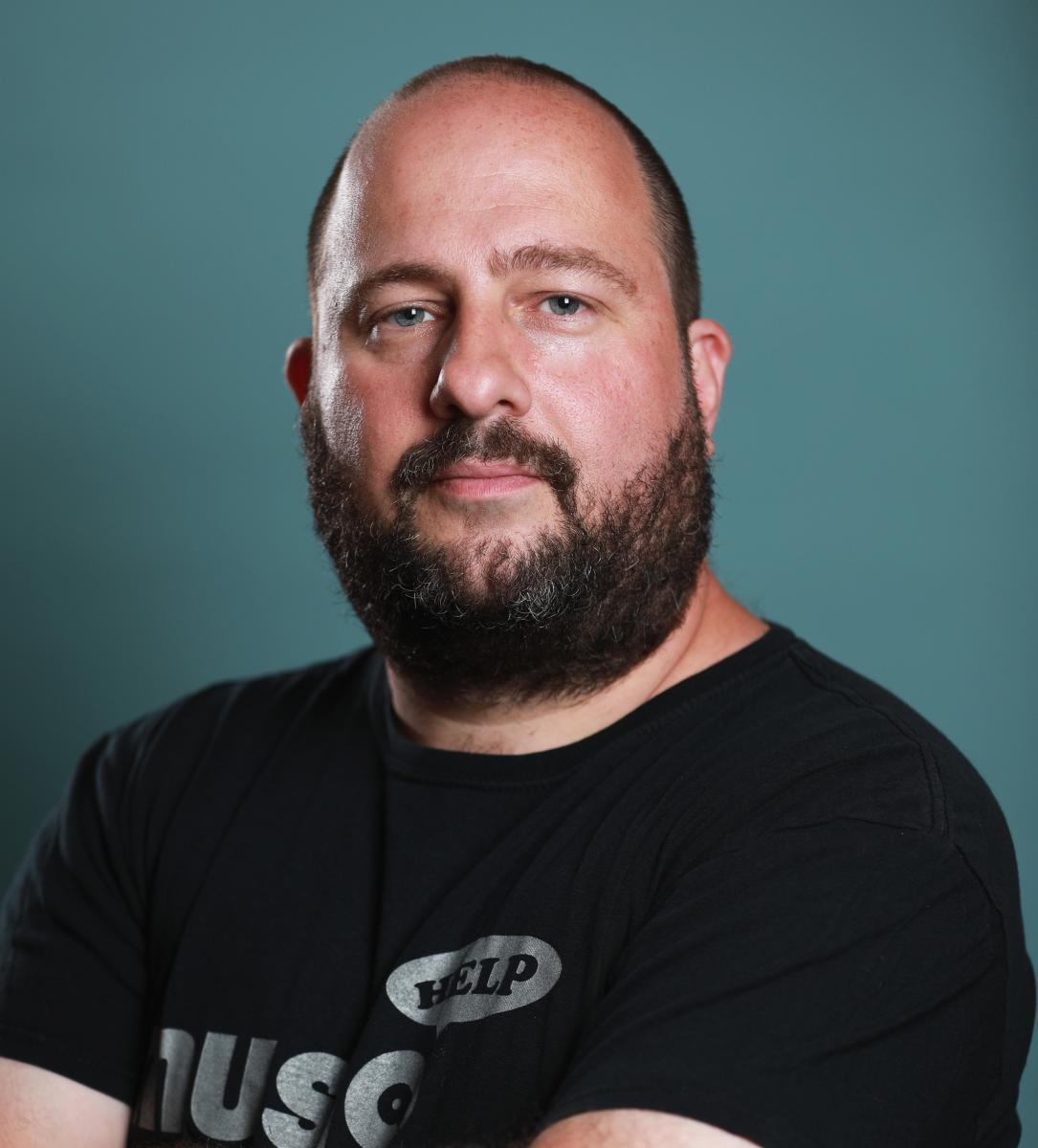Before in the industry, there were filters for everything. Like when an artist recorded in a studio there was a producer that made decisions. Then the producer took it to the record label and they made decisions. The record label took it to the distributor, and they had their opinions. Not optimal for sure, many of the complaints back in the days were a long time between when the artist had recorded a song until it actually was out on the market. Another complaint was that much of the artist's work was changed by different opinions, right or wrong.
All that has changed. Today an artist can record in the day and get it out to the audience the same minute the song is finished. That is why the demo is no longer exists. Demo was the song roughly recorded for different people in the chain to give comments, so they didn’t have to get back and do it again. Today with all digital it’s so easy to change you consider everything release ready, the demo is gone.
Release ready by the way. That is the problem with that these filters are gone. Many of the classic rock songs wouldn’t become big hits if wasn’t for these filters. They added things that are needed in a professional world. Things that the artist thinks of as a cool gimmick might be the element that makes the song not to considered for airplay in different medias. Also, you are doing things too fast. You might write that song last night when you had feelings. The next day it wasn’t that good as it was last night. Back in the days since it took so long time all mistakes were scrutinized. With the no filter system all errors are out there and all artists think that well if it’s not good enough I’ll just take it down a couple of years later because now it’s embarrassing.
Another problem is that the no filter world leaves the artist totally stranded judgment-wise. Before there were people taking off much of the not suitable recordings that came out. Now the people that present music have to go through so much that is not even in the correct basket. For example, this week I got Arabic rap, ten-minute-long instrumental movie music, death metal, and COVID-blues songs to listen to when my radio station mainly plays pop music. Sure, we can add an oddity now and then on radio but the filters before got the music to the right person. The ten-minute-long movie score is not playable on our station. You should seek out the stations that play that sort of music. Yes, they are small because that market is very small. The no-filter world has not created any easier way for more strange music to hit the mainstream listeners. Instead, it has separated the listener into a brown wave of music that they don’t want to hear. In the end, they would rather do something else like listening to a podcast without music.
I remember back in the days when the artist was complaining that their music was cut off in these filters. The fact is though now when the filters are gone, they even have fewer listeners than they had back then. What we have created is a place where it’s much harder to find what you want to listen to.
No, we might not want the hardest filters back. What we need is to actually prepare the release better and understand that all releases are not for everybody and that reality that it is not done over 24 hours. In the no filter world, a release can be up to eight months. And almost a year of preparation and that is for one song, not an album.
Editor’s Note: Peter Åstedt has been working in the music industry for over 30 years. He has started record labels, distribution systems, and publishing companies. Peter also runs several major showcase festivals and is an advisor for INES and co-founder of MusicHelp/Discover Sensation. He has worked with the Top Ten most streamed songs and had music on both the Olympics and Super Bowl. Peter has currently taken up the seat of Station Manager of Cashbox Radio, working with MD, PD and station owner, Sandy Graham. As well he recently worked as the European Consultant for Heal the Earth – An Earth Day Celebration. His latest venture is a new Showcase Festival in Sweden, Future Echoes scheduled for September 16-18, 2021.



